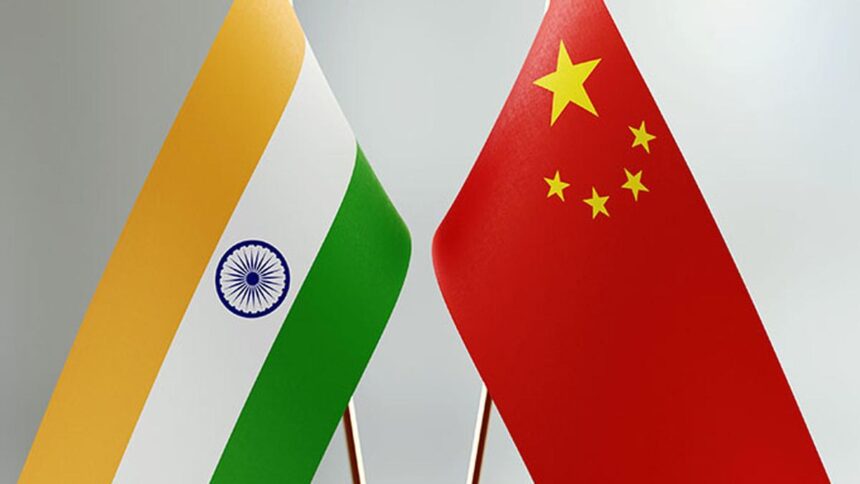India and China are among a select group of large nations that have failed to meet the December 31 deadline for their initial Biennial Transparency Reports (BTR) to the United Nations Framework Convention on Climate Change (UNFCCC).
According to the Paris Agreement established in 2015, countries that are parties to the agreement must provide progress updates regarding their climate actions in a standardized format. The BTRs comprise various elements, including national inventory reports (NIR), advancements toward Nationally Determined Contributions (NDCs—a set of voluntary climate action commitments), as well as information on policies, measures, climate impact and adaptation strategies, financial contributions, technology development, transfers, capacity-building support, and areas needing improvement.
These reports are expected to be submitted to the UNFCCC biennially, with the inaugural submission deadline having passed on December 31. The BTR format replaces the previous Biennial Update Reports and Biennial Reports, offering a more rigorous and standardized approach to reporting climate progress.
The obligation to submit BTRs is outlined in Article 13 of the Paris Agreement, detailing the Enhanced Transparency Framework. This framework aims to ensure that all countries disclose clear and accurate details about their climate-related initiatives, fostering accountability and trust among nations.
While many developed nations, including the USA, countries in Europe, Japan, and Australia, successfully submitted their BTRs by the deadline, several others, including India, China, North and South Korea, Russia, Saudi Arabia, Mexico, Pakistan, Iraq, Israel, Egypt, and Hungary, have not yet done so. Smaller nations are also among the groups yet to submit. Notably, Least Developed Countries and Small Island Developing States are not subject to the December 31 deadline; they are expected to report when feasible.
Once the BTRs are submitted, they will undergo a technical expert review process. Additionally, there will be a facilitative, multilateral consideration of each party’s progress, aimed at sharing best practices and identifying areas for enhancement, as stated by the UNFCCC.










